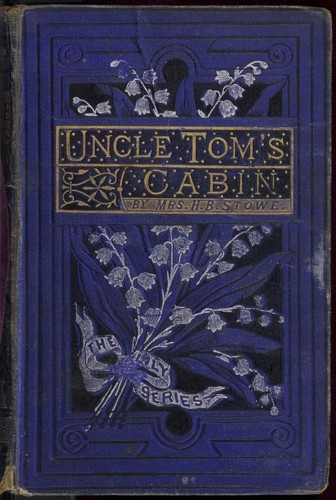
Uncle Tom's Cabin
Description
"So this is the little lady who made this big war." Abraham Lincoln's legendary comment upon meeting Mrs. Stowe has been seriously questioned, but few will deny that this work fed the passions and prejudices of countless numbers. If it did not "make" the Civil War, it flamed the embers. That Uncle Tom's Cabin is far more than an outdated work of propaganda confounds literary criticism. The novel's overwhelming power and persuasion have outlived even the most severe of critics. As Professor John William Ward of Amherst College points out in his incisive Afterword, the dilemma posed by Mrs. Stowe is no less relevant today than it was in 1852: What is it to be "a moral human being"? Can such a person live in society -- any society? Commenting on the timeless significance of the book, Professor Ward writes: "Uncle Tom's Cabin is about slavery, but it is about slavery because the fatal weakness of the slave's condition is the extreme manifestation of the sickness of the general society, a society breaking up into discrete, atomistic individuals where human beings, white or black, can find no secure relation one with another. Mrs. Stowe was more radical than even those in the South who hated her could see. Uncle Tom's Cabin suggests no less than the simple and terrible possibility that society has no place in it for love." - Back cover.
